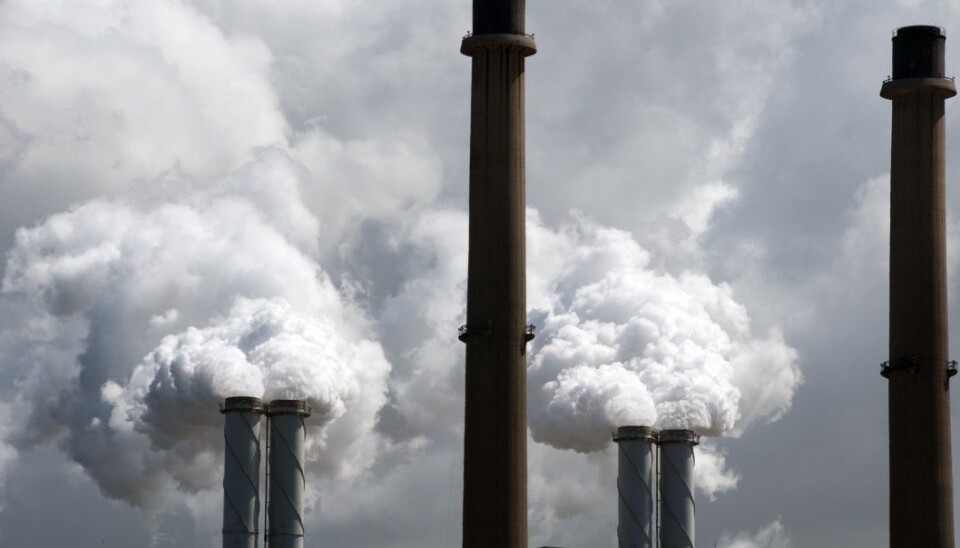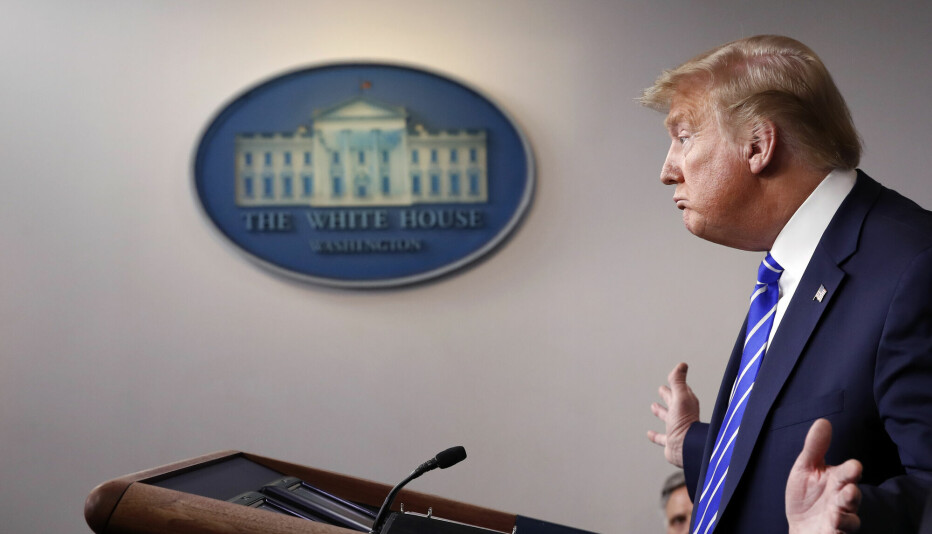This article is produced and financed by University of Oslo - read more

A producer treaty should complement the Paris Agreement
In their article "The case for a supply-side climate treaty", recently published in the prestigious journal Science, nine Norwegian economists argue that a new climate treaty between producers of oil, coal and gas can help curb global warming. According to the researchers, such a supply-side treaty, supplementing the Paris Agreement, would increase the chances of reaching the Paris Agreement’s goal of keeping global warming well below two degrees.
The authors are internationally renowned economists affiliated with the University of Oslo, Statistics Norway, Oslo Metropolitan University and the Norwegian University of Life Sciences.
– By reducing the supply of fossil fuels, a supply-side treaty can increase global fuel prices. This strengthens the climate impact of policy measures taken as part of the Paris Agreement. At the outset, reduced fuel consumption in countries with ambitious climate policies increases the availability of fossil fuels in global markets, leading to lower prices and thus higher consumption in countries with less ambitious policies. By also reducing fossil fuel supply, a new treaty can prevent such leakage effects, says one of the authors, Professor Karine Nyborg at the University of Oslo.
– Increased global prices will also stimulate private businesses and researchers to increase efforts to develop low-carbon technologies – not just in countries actively pursuing effective climate policies, but in all countries, adds coauthor Taran Fæhn, Research Director in Statistics Norway.
The authors argue that a supply-side treaty need not be very expensive. If the Paris Agreement turns out to be successful, the extraction of oil, coal and gas will be reduced anyway, due to lower demand. A supply-side treaty would then be superfluous, but would also make no harm. According to the authors, it could even reduce the costs of required climate policies – by preventing misguided investments in fossil fuel exploration and extraction that will later turn out to be unprofitable.
On the other hand, if the Paris Agreement turns out to fail, a treaty limiting the supply of fossil fuels can help limit severe climate change. A supply-side treaty can thus be regarded as an insurance against a failed Paris Agreement.
Finally, exporters of fossil fuels would benefit from the resulting higher global fuel prices.
Professor Geir Asheim, University of Oslo, is the article’s first author and has coordinated the work.
– Many producers of fossil fuels have so far been reluctant to make substantial pledges in the Paris Agreement, he says. – Bringing supply-side policies into the picture can make these countries more willing to help curb global warming. Producers will lose by leaving resources in the ground, but will gain from the resulting higher fossil fuel prices.


































